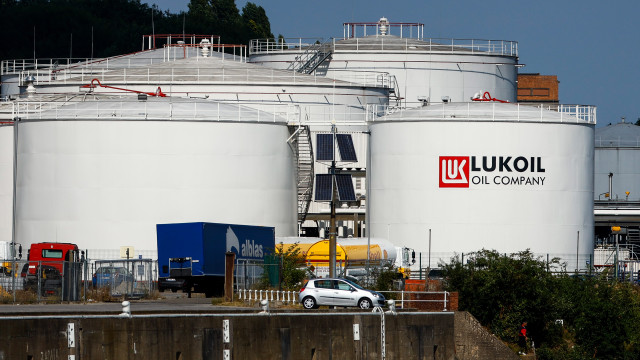Russian oil export profits from sales in Bulgaria between August and October – a third of which came from sales above the price ceiling – raised around 430 million euros in direct taxes for the Kremlin, writes Politico.
In early August, Bulgarian officials noticed something they weren't sure was legal. Barrels of Russian oil were arriving at the country at a price above the $60 limit the allies agreed to deprive Moscow of critical revenue for its war in Ukraine. Bulgaria was in an unusual position among its partners. It was given an exemption from European Union sanctions banning imports of most Russian oil, ostensibly to ensure the country did not face acute energy shortages, even as wider EU policy aimed to crush the main cash artery of Russia after its full-scale attack on Kiev.
But could Bulgaria still import Russian oil if it was above the ceiling price? Customs officials in Sofia wanted to know for sure, so they turned to EU officials for "clarification," according to a private email exchange dated Aug. 4 seen by Politico.
The answer they get: "Let him in."
"Crude oil imported under these derogations need not be at or below $60 per barrel," the EU position added.
Russian oil is likely to be fueled in Europe via new routes. Law enforcement across the continent is scattered and relies on conflicting data. And a whole new black market has emerged to insure, ship and hide Russia's fuel as it travels around the world.
In other words, the sanctions were not effectively implemented. Russia's earnings from oil exports have fallen by just 14% since the restrictions were imposed. And in October, Russia's fossil fuel revenues hit an 18-month high.
The situation "reveals that Bulgaria helped Russia take advantage of this glaring loophole to maximize the Kremlin's budget revenue from these oil sales with no apparent benefit to Bulgarian consumers," said Martin Vladimirov, a senior analyst at the Sofia-based think tank Center for the Study of Democracy (CSD), which studies the issue.
More generally, Bulgaria's exemption from the Russian oil embargo has lined the pockets of both Russia's largest private oil company, Lukoil, which dominates Bulgarian fuel production with its growing Black Sea refinery, and the Kremlin itself.
Lukoil's crude oil imports to Bulgaria have brought more than 2 billion euros in export earnings for Russia since the sanctions came into effect in February, according to a new analysis by Centre for Research on Energy and Clean Air (CREA) and CSD. The Kremlin has earned €1 billion in direct sales taxes, Politico revealed last month. /BGNES







